The Ultimate Guide To Companion Planting Tomatoes
The Ultimate Guide to Companion Planting Tomatoes
Tomatoes are a popular garden vegetable that can be grown in a variety of climates. They are relatively easy to care for, but there are a few things you can do to improve their growth and productivity. One of these things is companion planting.
Companion planting is the practice of planting certain crops together in order to benefit each other. Some plants can help to attract beneficial insects, repel pests, or improve the soil quality. When you companion plant tomatoes, you can help them to grow healthier and produce more fruit.
Here are some of the best companion plants for tomatoes:
- Basil: Basil is a classic companion plant for tomatoes. It helps to repel pests such as aphids, whiteflies, and tomato hornworms. It also improves the flavor of tomatoes.
- Marigolds: Marigolds help to repel nematodes, which can damage tomato roots. They also attract beneficial insects such as ladybugs and lacewings.

- Chives: Chives help to repel aphids and other pests. They also improve the flavor of tomatoes.
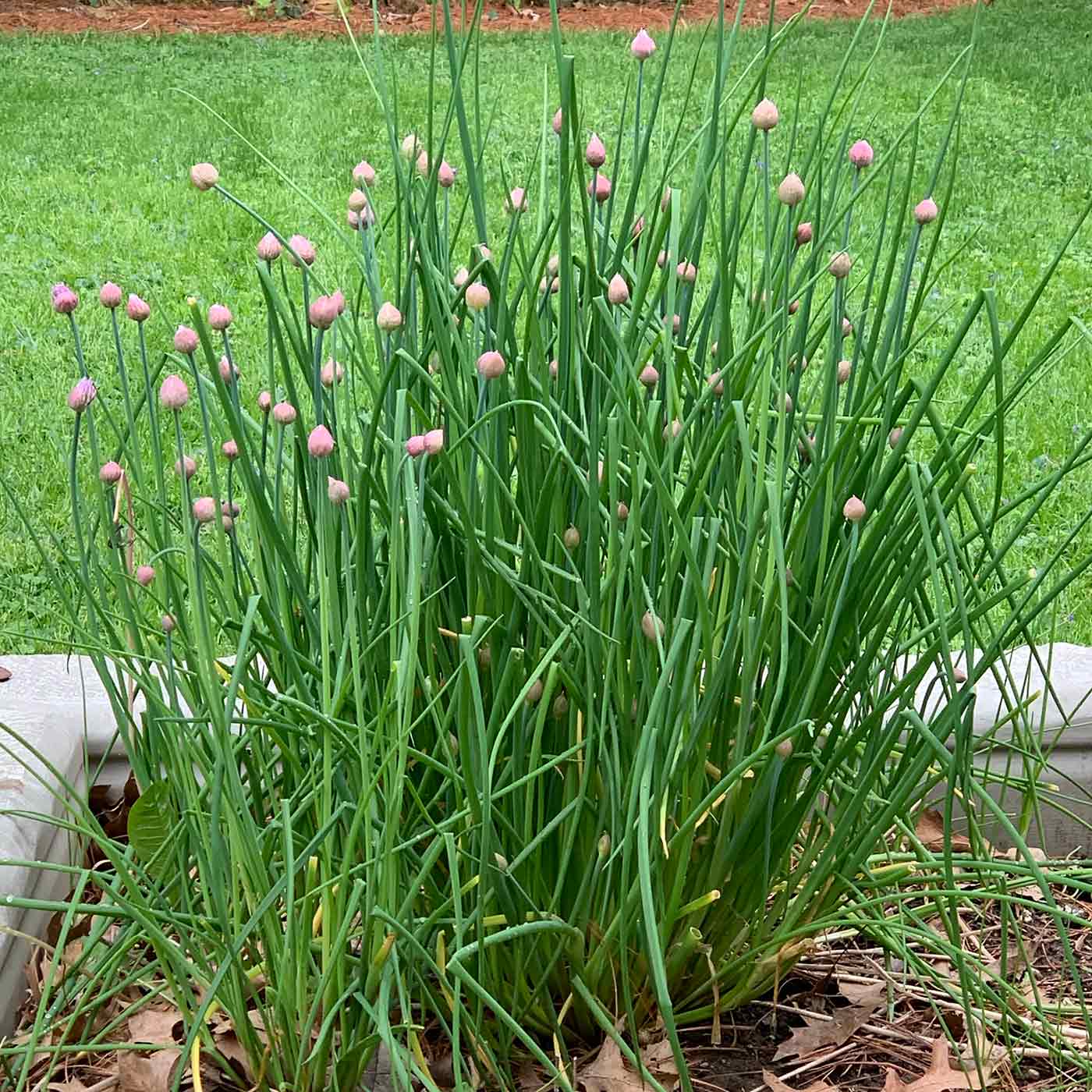
- Onions: Onions help to repel thrips and spider mites. They also improve the flavor of tomatoes.

- Cucumbers: Cucumbers help to shade the roots of tomato plants, which can help to prevent them from developing blossom end rot.

- Potatoes: Potatoes help to suppress weeds and improve the drainage of the soil.

- Squash: Squash helps to attract pollinators, which can help to improve the pollination of tomato plants.
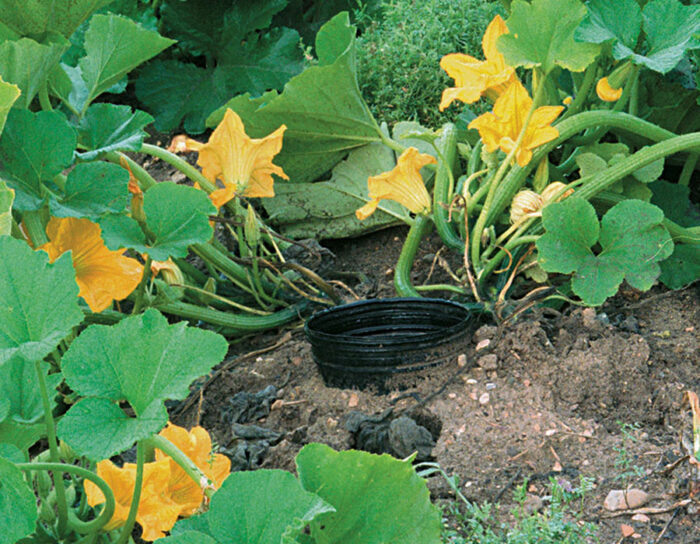
- Beans: Beans fix nitrogen in the soil, which can help to provide tomatoes with the nutrients they need.
-(2).jpg)
- Cilantro: Cilantro helps to repel aphids and other pests. It also improves the flavor of tomatoes.
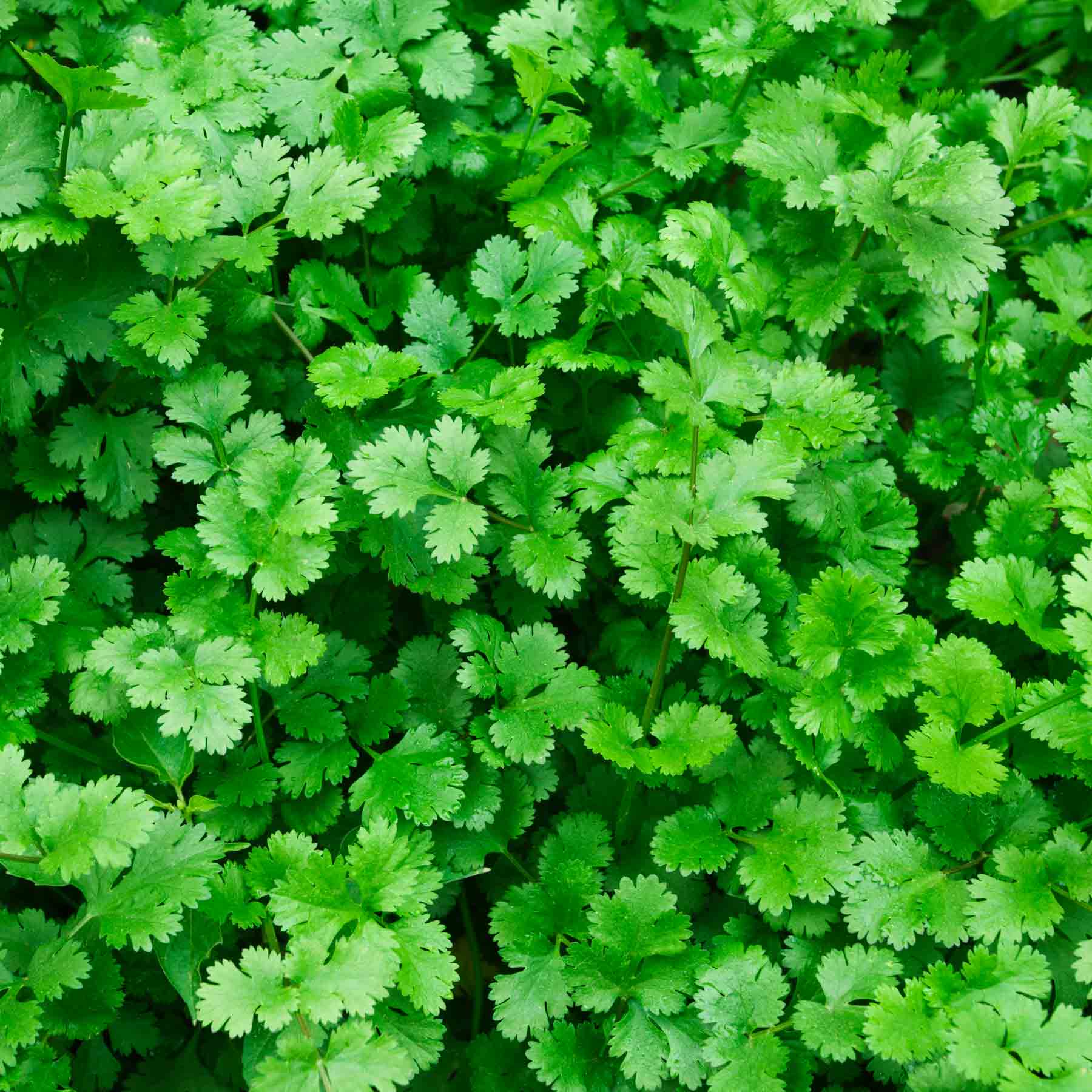
In addition to these plants, there are a few others that you should avoid planting near tomatoes. These include:
- Eggplant: Eggplant is a member of the nightshade family, and planting it near tomatoes can increase the risk of tomato diseases.
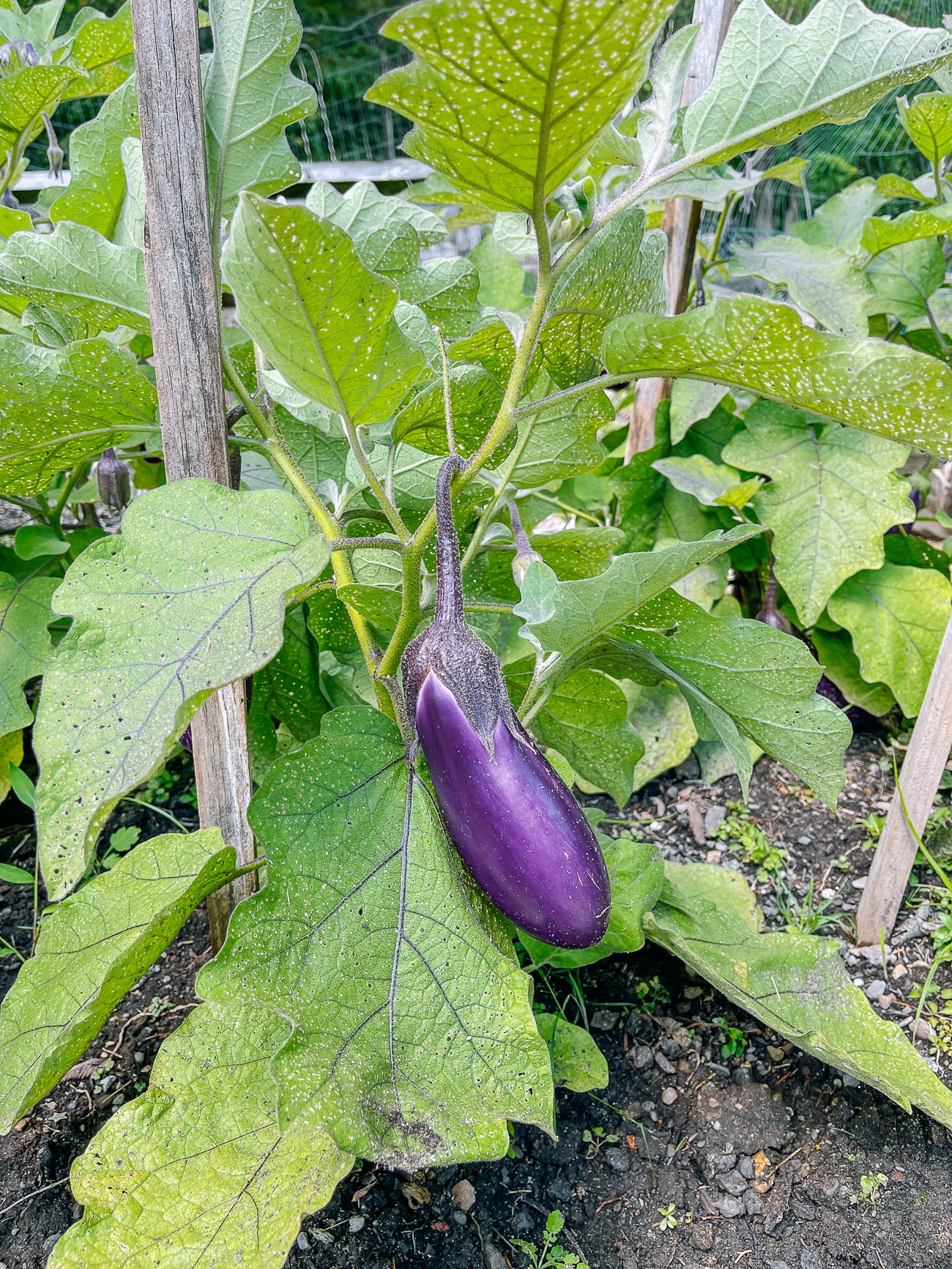
- Potatoes: Potatoes and tomatoes are both susceptible to verticillium wilt, so it is best to avoid planting them near each other.
- Cabbage: Cabbage can compete with tomatoes for nutrients, so it is best to plant them in separate areas of the garden.
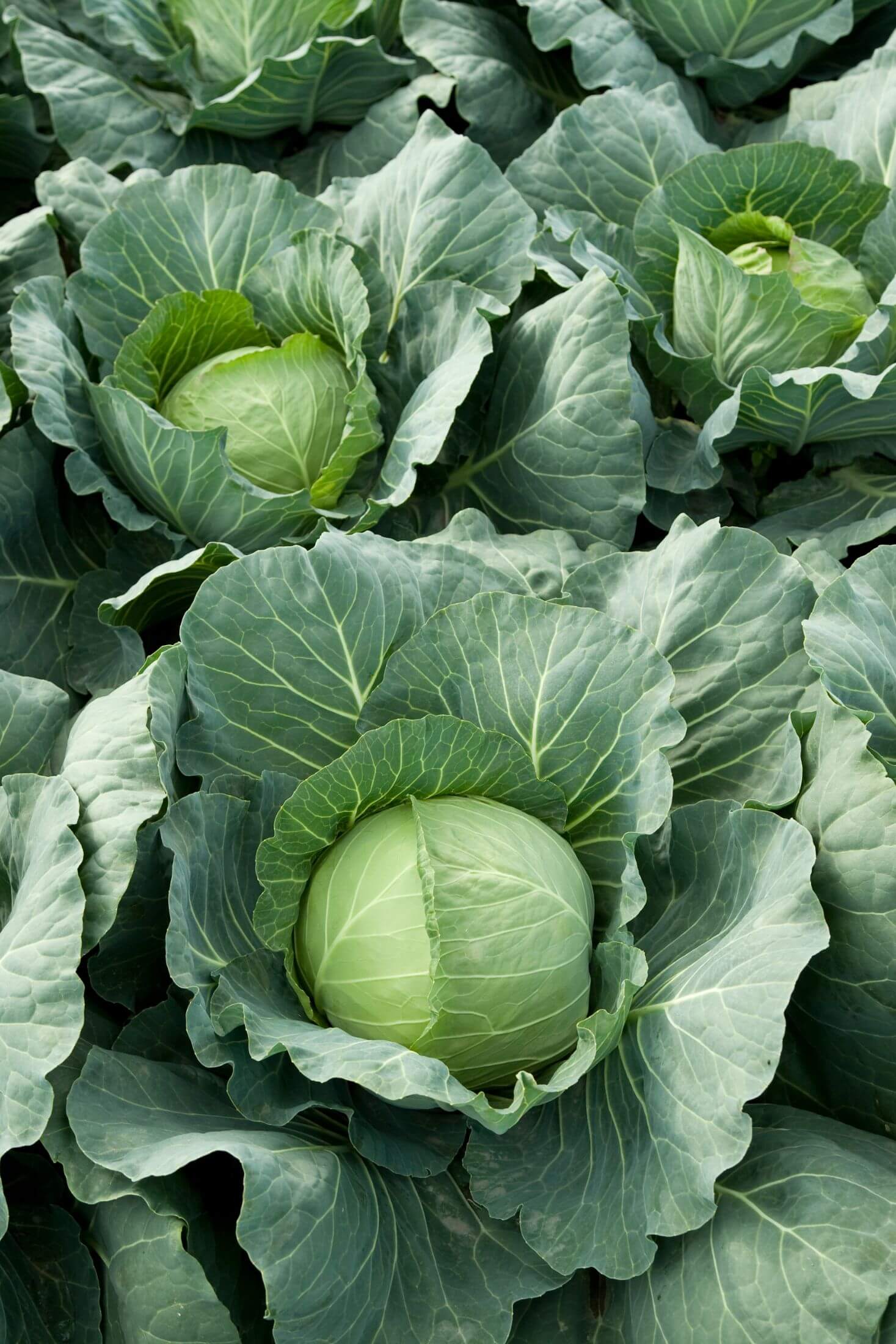
- Melons: Melons and tomatoes require different soil conditions, so it is best to plant them in separate areas of the garden.
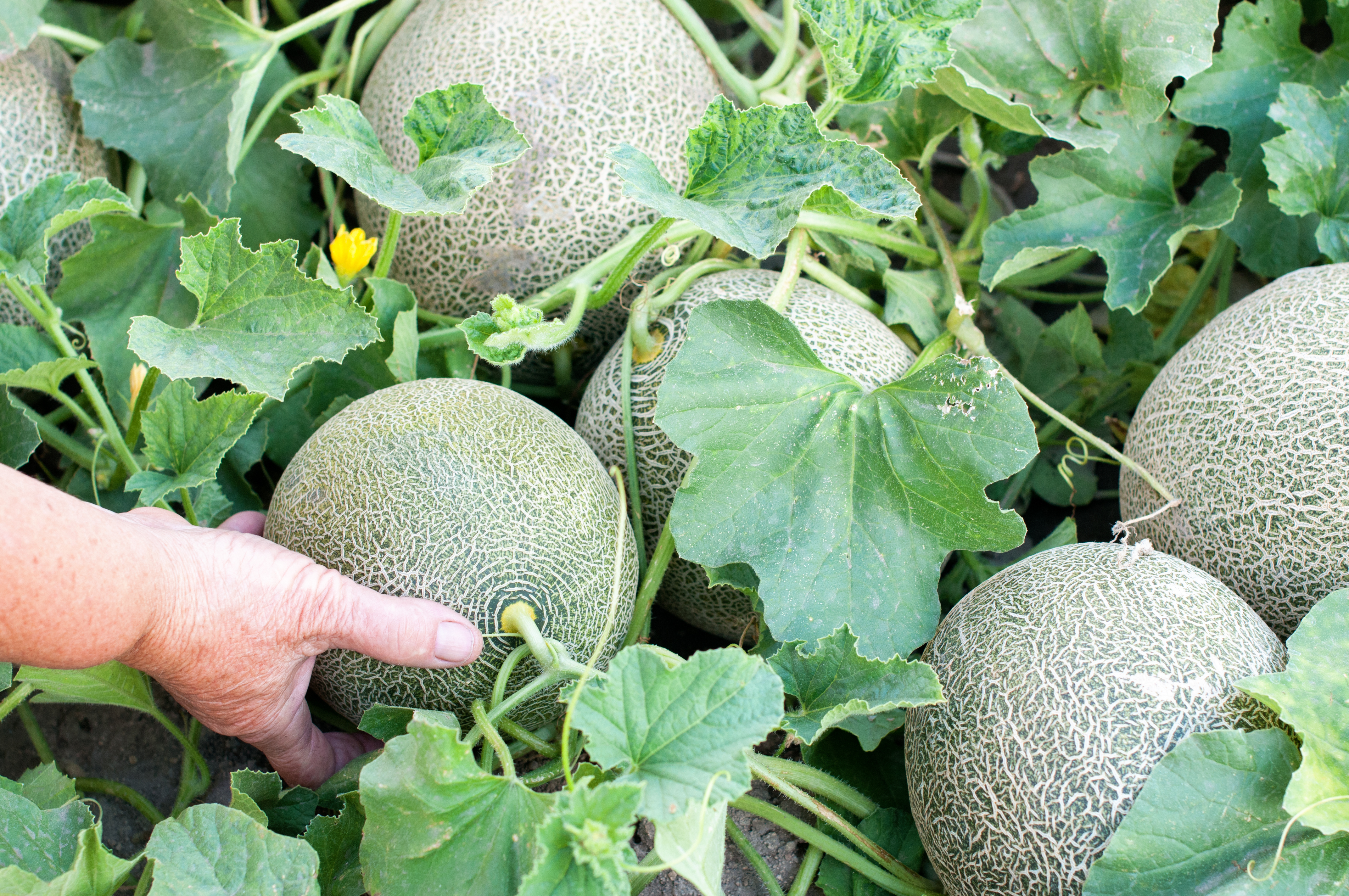
When companion planting tomatoes, it is important to consider the size of the plants and how much space they need. Some plants, such as cucumbers and squash, can grow quite large, so you will need to make sure they have enough room to spread out. Other plants, such as basil and chives, are much smaller and can be planted closer together.
It is also important to consider the sun exposure needs of the plants you are companion planting. Tomatoes need full sun, so you will want to plant them with other plants that also require full sun.
With a little planning, you can use companion planting to help your tomatoes grow healthier and produce more fruit. By planting the right companion plants together, you can attract beneficial insects, repel pests, and improve the soil quality. This will give your tomatoes the best possible chance of success.
Tomatoes are a delicious and versatile vegetable that can be enjoyed in many different ways. But did you know that there are certain plants that can help your tomatoes grow better? That's right, companion planting is a great way to boost the health and productivity of your tomato plants.
Some of the best companion plants for tomatoes include:
- Basil: Basil is a classic companion plant for tomatoes. It helps to repel pests and attract beneficial insects, and it also complements the flavor of tomatoes. [link to website address]
- Marigolds: Marigolds are another great companion plant for tomatoes. They help to repel nematodes, which can damage tomato roots.
- Chives: Chives help to deter aphids and other pests from tomatoes. They also add a delicious flavor to tomato dishes.
- Onions: Onions help to repel root-knot nematodes and other pests. They also help to improve the flavor of tomatoes.
- Garlic: Garlic helps to repel aphids, tomato hornworms, and other pests. It also helps to improve the flavor of tomatoes.
If you're looking for more information about compatible plants with tomatoes, I recommend visiting Gardenia Inspiration. This website has a wealth of information on the topic, including a list of the best companion plants for tomatoes, as well as tips on how to plant and care for them.
FAQ of compatible plants with tomatoes
Q: What are some good companion plants for tomatoes?
A: Some of the best companion plants for tomatoes include:
- Basil: Basil is a classic companion plant for tomatoes. The strong scent of basil can help to deter pests, such as aphids and tomato hornworms. Basil can also improve the flavor of tomatoes.
- Marigolds: Marigolds have a strong scent that can help to repel pests, such as nematodes, aphids, and whiteflies. They can also help to attract beneficial insects, such as ladybugs and parasitic wasps.

- Cucumbers: Cucumbers and tomatoes can be grown together because they have similar growing requirements. They both need full sun and well-drained soil. Cucumbers can help to shade the soil around tomato plants, which can help to prevent the spread of diseases.

- Peas: Peas can help to improve the nitrogen content of the soil, which can benefit tomato plants. They can also help to suppress weeds.
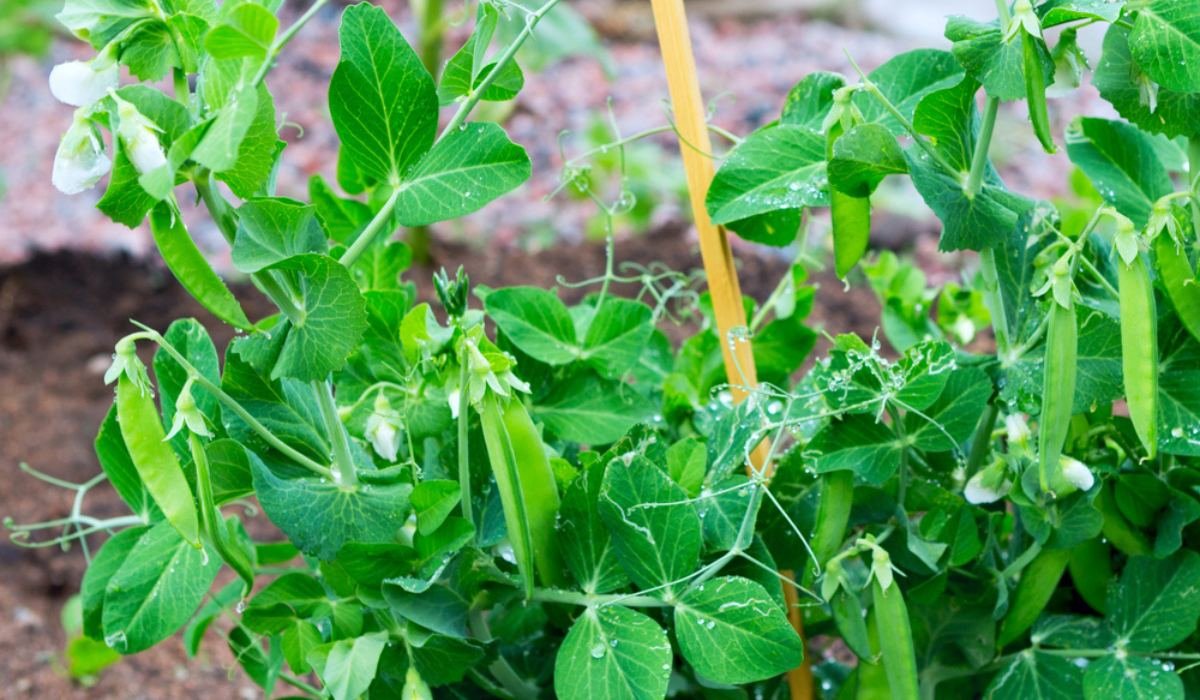
- Herbs: Other herbs that can be good companion plants for tomatoes include oregano, thyme, chives, and rosemary. These herbs can help to deter pests and improve the flavor of tomatoes.


Q: What plants should I avoid planting near tomatoes?
A: There are a few plants that you should avoid planting near tomatoes, including:
- Potatoes: Tomatoes and potatoes are both members of the nightshade family, and they can share some of the same pests and diseases. Planting them together can increase the risk of spreading these problems.

- Eggplants: Eggplants are also members of the nightshade family, and they can share some of the same pests and diseases as tomatoes. Planting them together can increase the risk of spreading these problems.

- Broccoli: Broccoli can compete with tomatoes for nutrients and water. Planting them together can stunt the growth of both plants.

- Cabbage: Cabbage can compete with tomatoes for nutrients and water. Planting them together can stunt the growth of both plants.

- Cucumbers: Cucumbers and tomatoes can both attract the same pests, such as aphids and whiteflies. Planting them together can make it more difficult to control these pests.
Q: How far apart should I plant tomatoes from other plants?
A: The ideal spacing for tomatoes will vary depending on the variety of tomato you are growing and the size of your garden. However, as a general rule of thumb, you should plant tomatoes at least 2 feet apart. This will give them enough room to grow and spread their roots.
Q: How can I use companion planting to improve my tomato harvest?
A: Companion planting can help to improve your tomato harvest in a number of ways. By planting compatible plants near your tomatoes, you can help to deter pests, improve the flavor of your tomatoes, and even improve the health of your soil.
Q: What are some other benefits of companion planting?
Aside from improving the growth and yield of your tomatoes, companion planting can also:
- Reduce the need for pesticides
- Improve the health of your soil
- Attract beneficial insects
- Suppress weeds
- Create a more attractive and productive garden
Image of compatible plants with tomatoes
Here are 5 different images of compatible plants with tomatoes from Pinterest:
- Marigolds - The bright colors and strong scent of marigolds make them an excellent deterrent against insects like tomato hornworms and aphids.
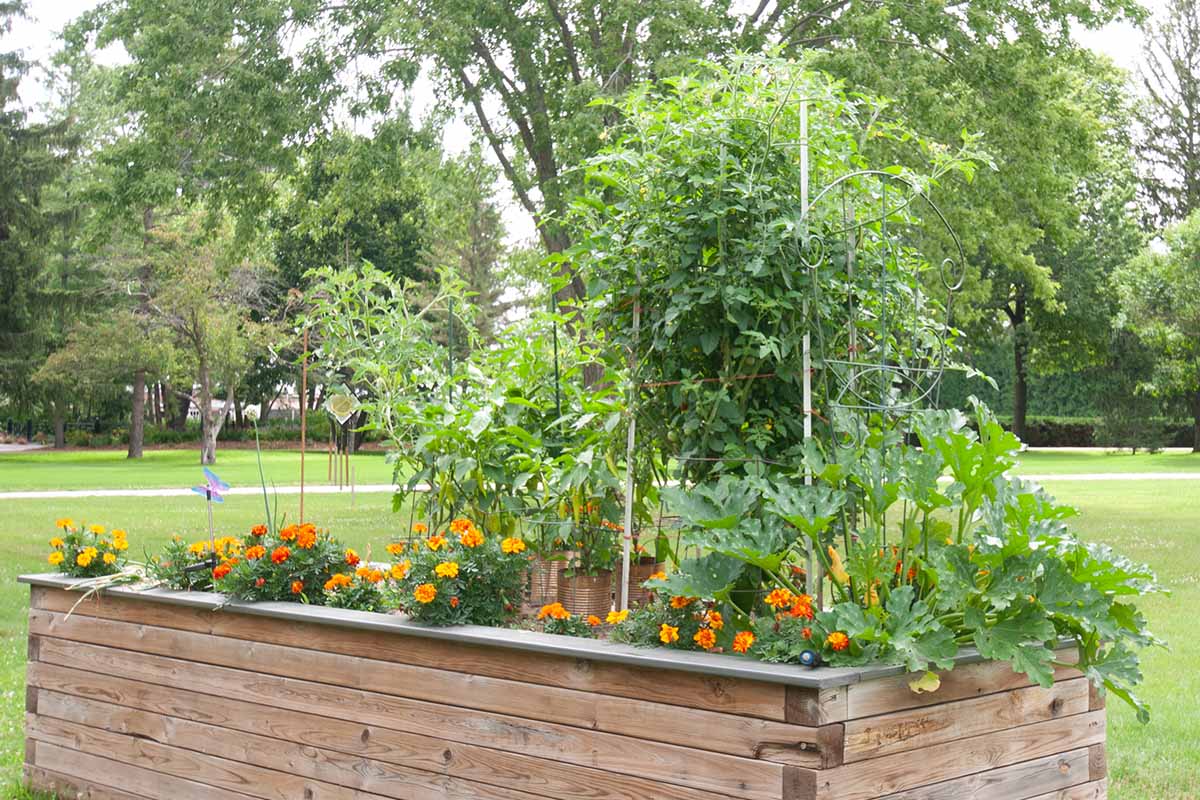
- Garlic - Garlic has a strong scent that can repel pests like nematodes and tomato hornworms. It can also help to improve the flavor of tomatoes.
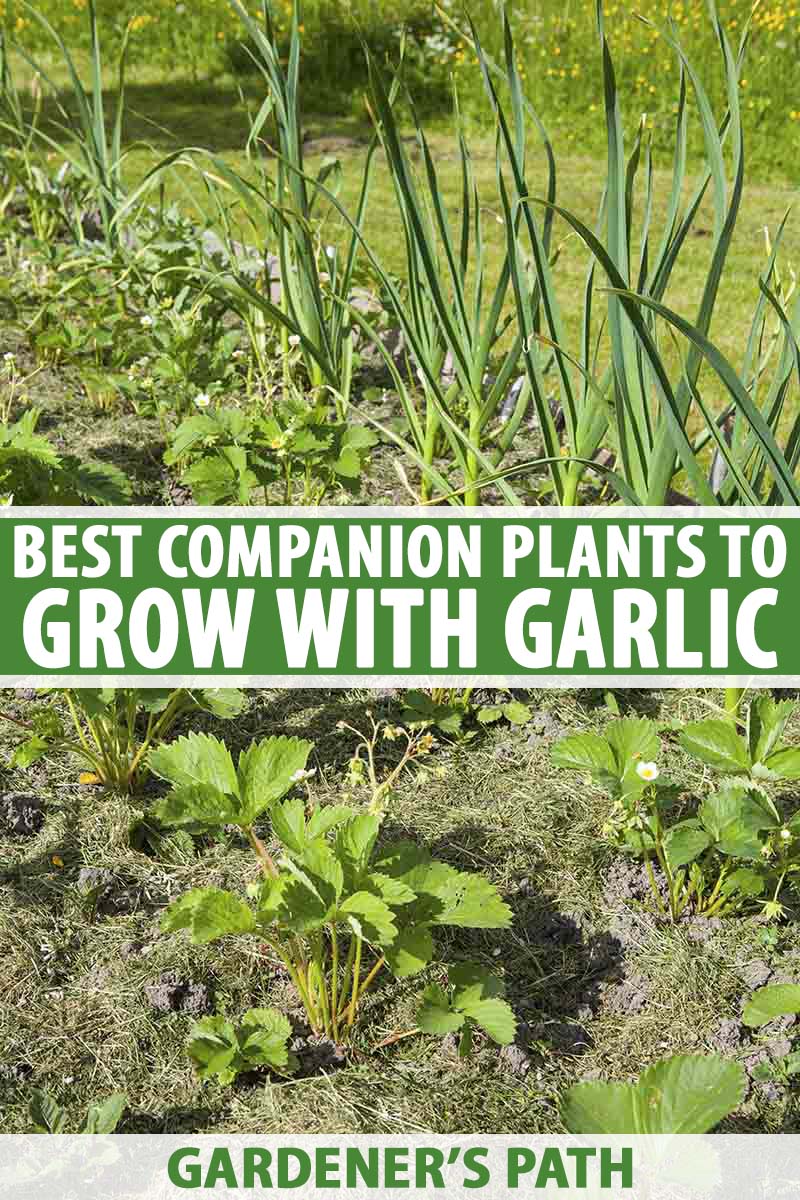
- Onions - Onions have a similar effect to garlic, and they can also help to improve the flavor of tomatoes.
- Basil - Basil is a classic companion plant for tomatoes, and it can help to improve the flavor of tomatoes and deter pests like whiteflies.
- Chives - Chives have a strong scent that can repel pests like aphids and spider mites. They can also help to improve the flavor of tomatoes.
Post a Comment for "The Ultimate Guide To Companion Planting Tomatoes"